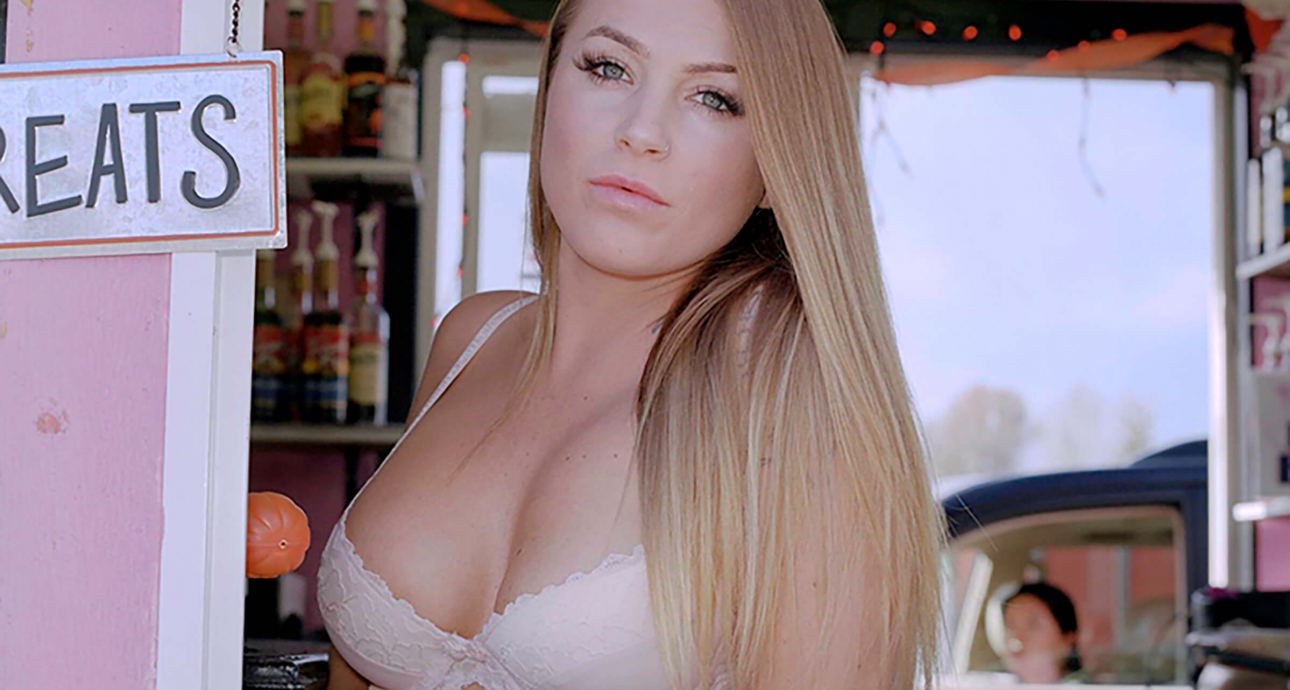
Sexpresso: Life of Bikini Baristas
Seattle is often considered to be “The Coffee Capital“. This city gave us latte art and first Starbuck, and it is still has one of the highest coffee-shops-per-capita rankings in the US.
Half-naked girls have been serving coffee at the drive-thru stands all across Washington state since the early 2000’s. The legend says, this phenomenon has emerged almost by accident. During a summer heatwave, one of the espresso drive-thru owners tried doing a “Bikini Day”. Sales skyrocketed, and the trick was adopted as a business model: soon, similar stands took the state by storm.
This coffee trend also known as “sexpresso”, still sparks controversy even in the laid-back Pacific Northwest. Isabel Dietz Hartmann started taking portraits of bikini baristas at work. Her photos raises questions about women’s rights at work and prejudices about feminine sexuality in the workplace.
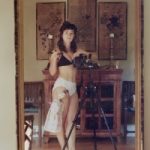
Photographer and educator living in Seattle, WA. She graduated from The School of Visual Arts in New York City. In her work Isabels explores the nature of identity.
— I started this project in 2017 when I just moved back to Seattle from New York, and my attention to the regional-specific things was pretty heightened. I drove by a few of bikini coffee stands, and then I saw an article in the local press. It was about a lawsuit attempting to ban bikini baristas by enforcing dress code.
I was very confused by the language used to describe the dress code. Under the new law, bikini baristas would not be allowed to expose “more than one-half of the part of the female breast located below the top of the areola” and the “bottom one-half of the anal cleft”. On one hand, it felt arbitrary that someone would try to control a worker’s clothing to protect a neighborhood from crime. On the other one, I was also curious who was going to enforce the regulations. And how — will the police officers be given rulers to measure people’s butts? It seemed very bizarre to me, so I started driving to stands and talking with the bikini baristas themselves.
Will the police officers be given rulers to measure people’s butts?
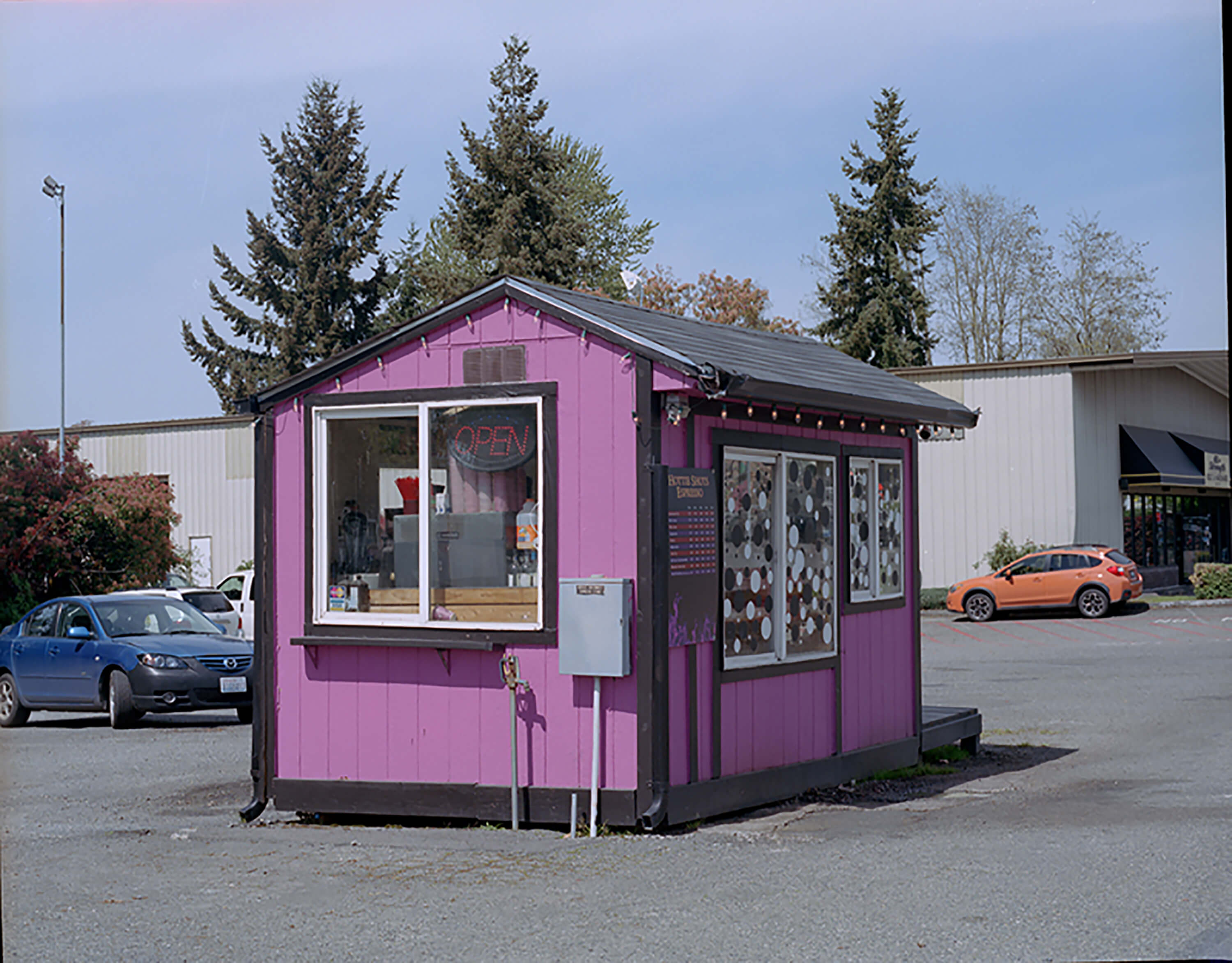
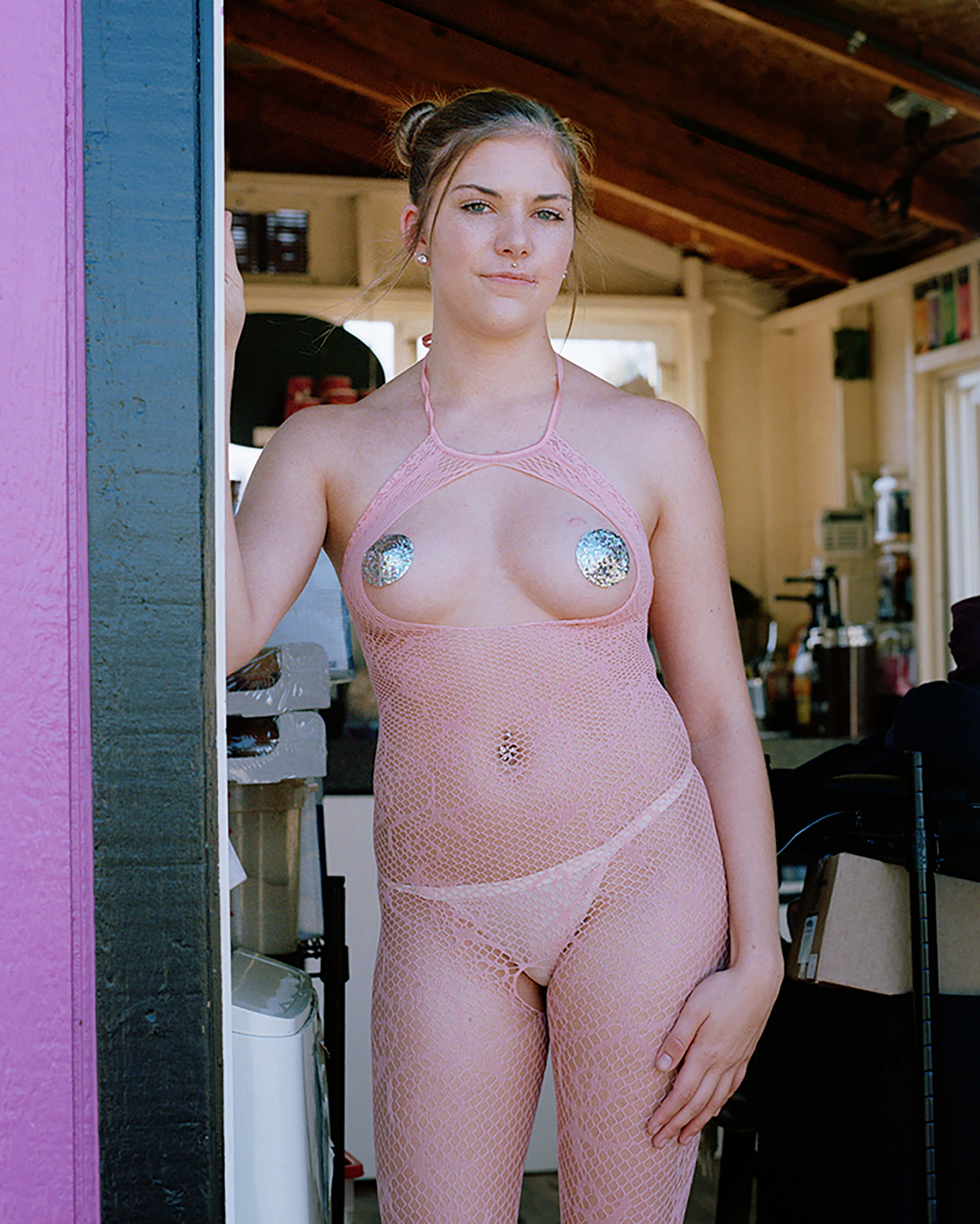
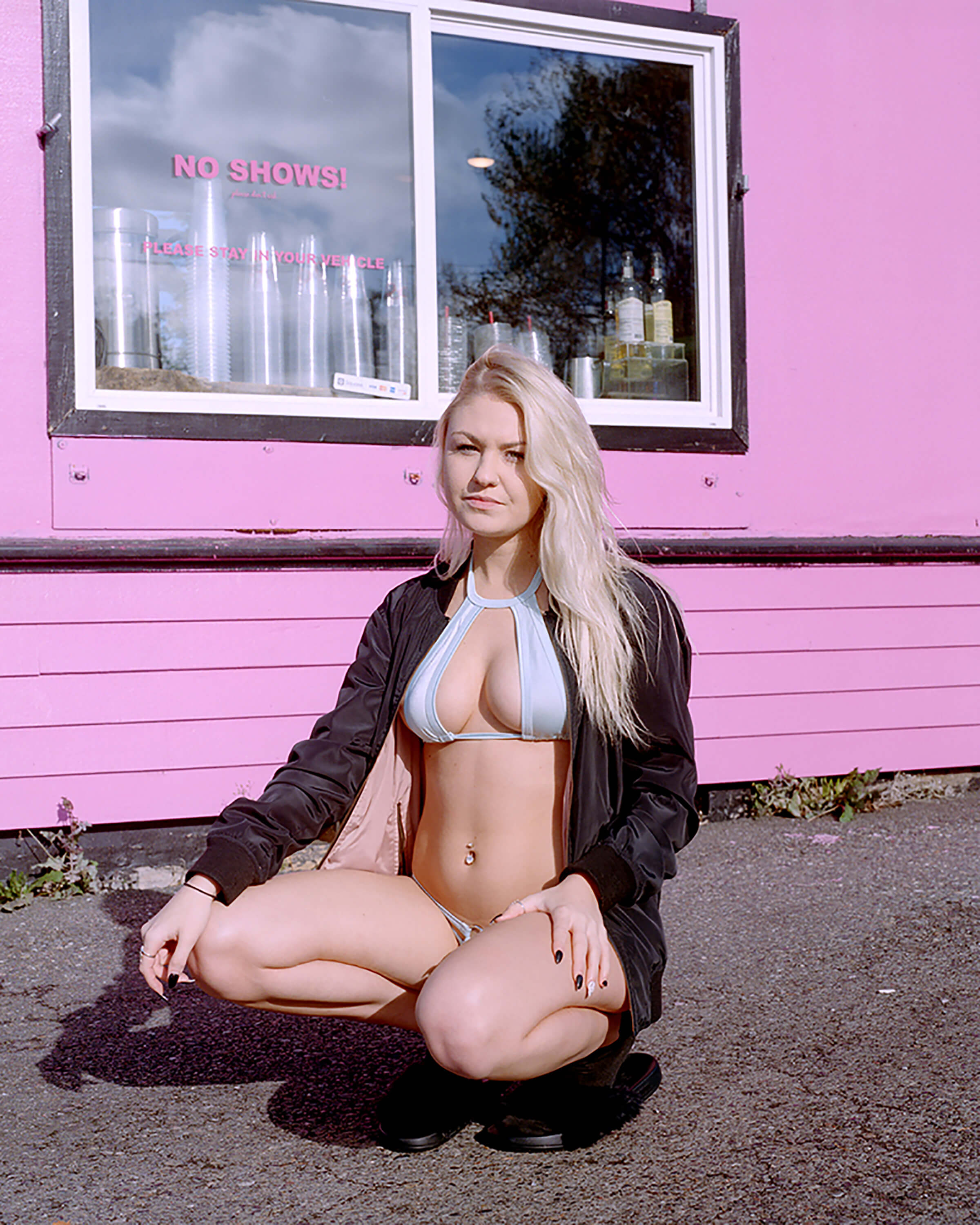
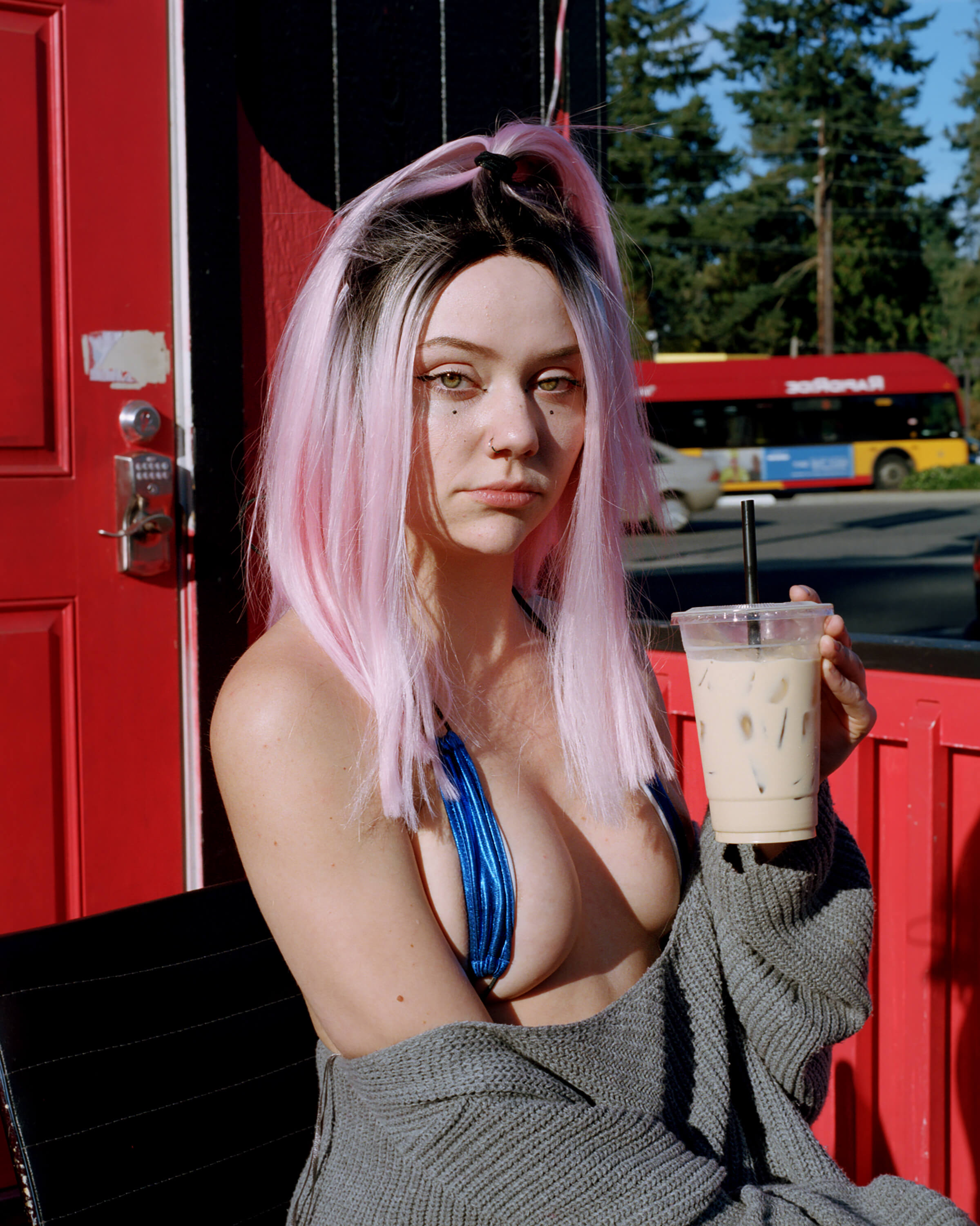
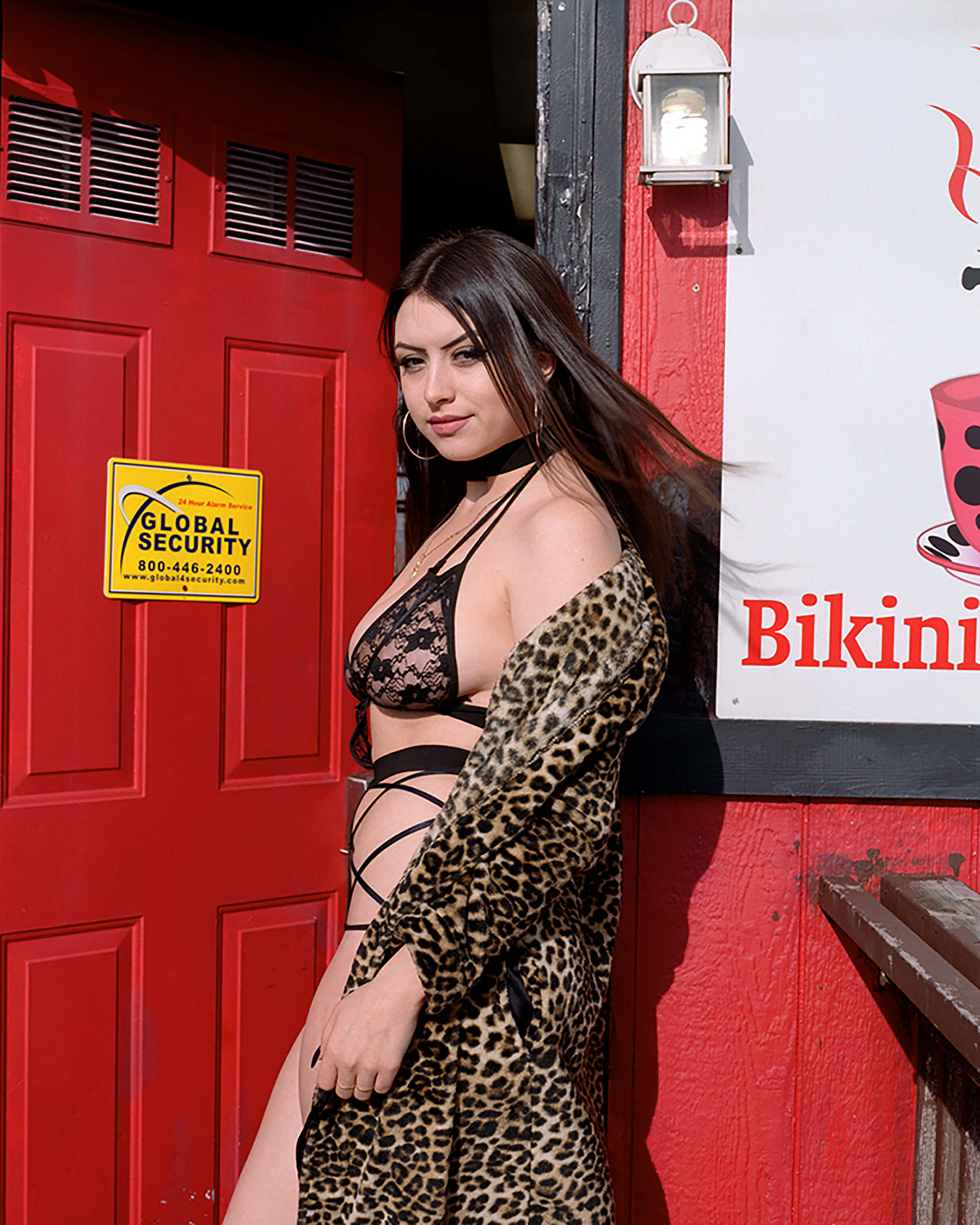
The people who brought the suit claimed that bikini baristas brought violent crimes to the communities. Ironically, it turned out that a lot of violence in the area is actually aimed towards the baristas. There have been many reported cases of robbery and assault. One of the girls told me that during a robbery, she was hit in the head so many times that she’s been on migraine medication ever since. She also has bad hearing in her right ear because of the gun shots from that morning.
She has bad hearing ever since the robbery.
Washington state is a very liberal place in many ways, but there’s a lot of sexual conservatism here. There’s this brand of liberalism in Seattle, a type of NIMBYism in which the liberal values are supported, but certain things are kept out of sight. That’s why bikini baristas are so interesting. They are tucked away to the outskirts of the cities. Most people have an assumption that a bikini barista drive-thru is just a prostitution ring. There were some instances of prostitution at stands, but it’s not universal, and it’s not really the business model.
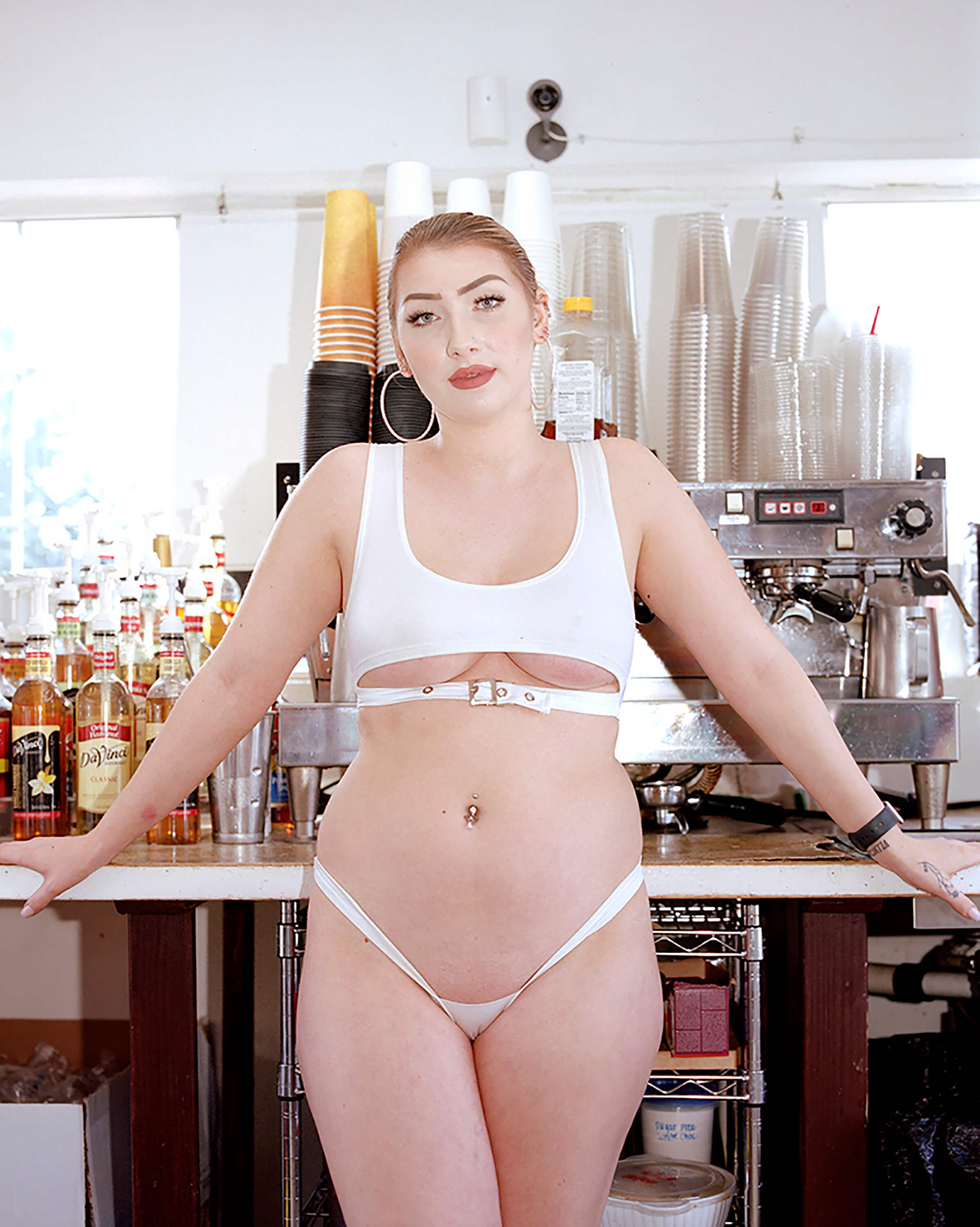
The Pacific Northwest is also well-known for its coffee culture. Many people go to the coffee shops simply to socialize. This is also the case with bikini baristas. Oftentimes, their customers are in need of some type of contact and human interaction. They are usually older men who are pretty lonely and crave a connection.
I’ve got a lot of feedback from people saying “Oh, why don’t you show those girls at home in their sweatpants?” Well, I’m not interested in that. What was interesting to me is how these women look at their workplace.
Why do we have to paint the story of a poor bikini barista? I’d like to push back this idea that they’re only doing this to pay their bills. Some of them actually want this job. They want to be in touch with their body, some girl like the connection with their customers and the sense of community. Some girls are in school, studying to do other things, and this is a job that pays pretty well. Bikini-baristas get minimum wage plus tips — on good days, they can make up to $200 in tips. A lot of women who work at stands, actually feel empowered by this job and by the money it can bring them.
Some of them feel empowered by this job.
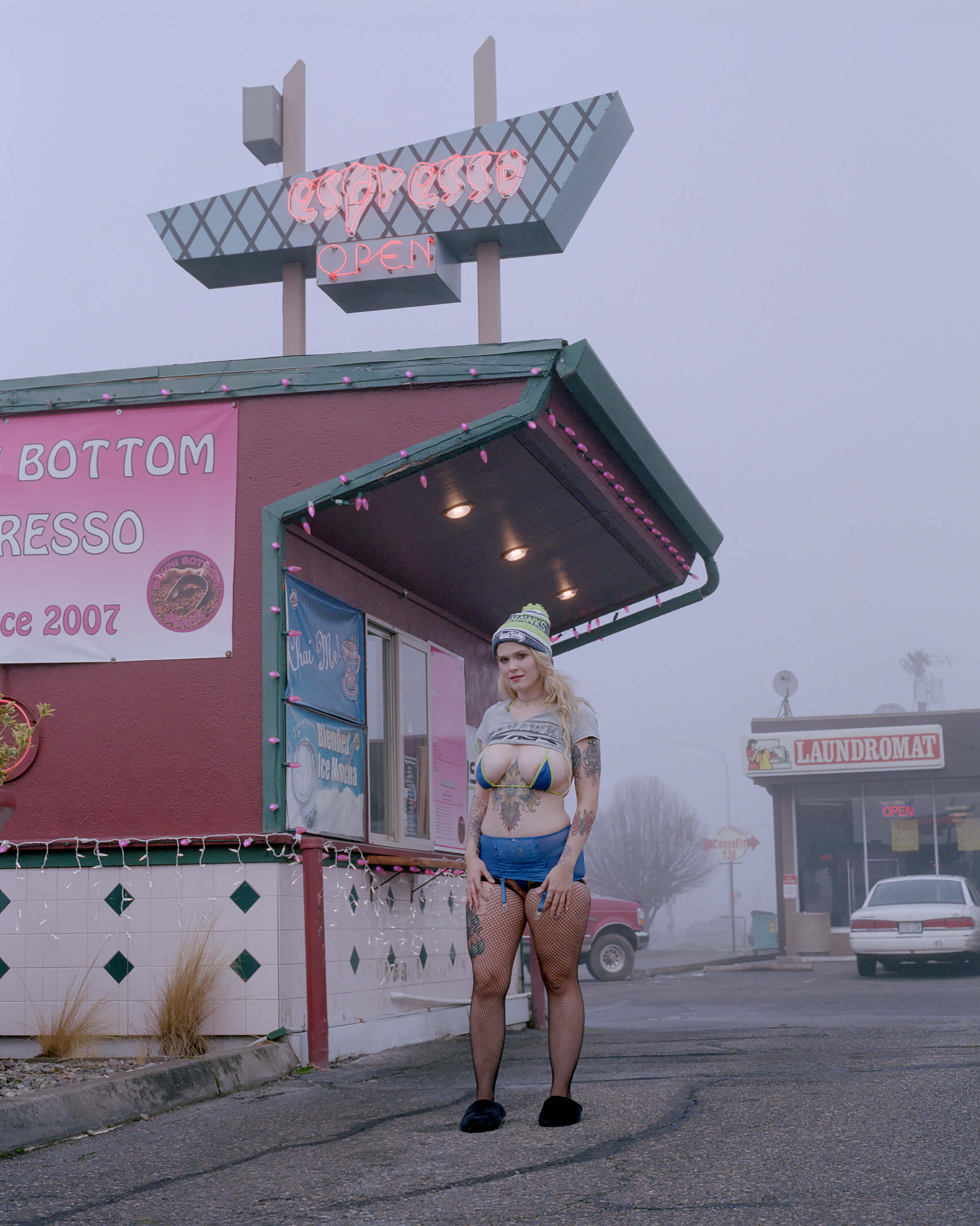
The customers are usually older men who are pretty lonely and crave a connection.
Feminine sexuality exists in the workplace already, but in most cases it’s more sublimated or lies under the surface. It’s fascinating how people’s judgments are amplified when women’s sexuality is so explicit as at bikini barista stands.
Let’s not pretend that this type of job or objectification of women will just go away. It’s been happening, and it’s most likely will continue to. So, what can we do to make this experience safer for people?
I think those girls deserve protection from the police rather than policing what they are wearing. Their job is legal, and they are entitled to their rights whether or not their clothing covers one inch of the nipple.
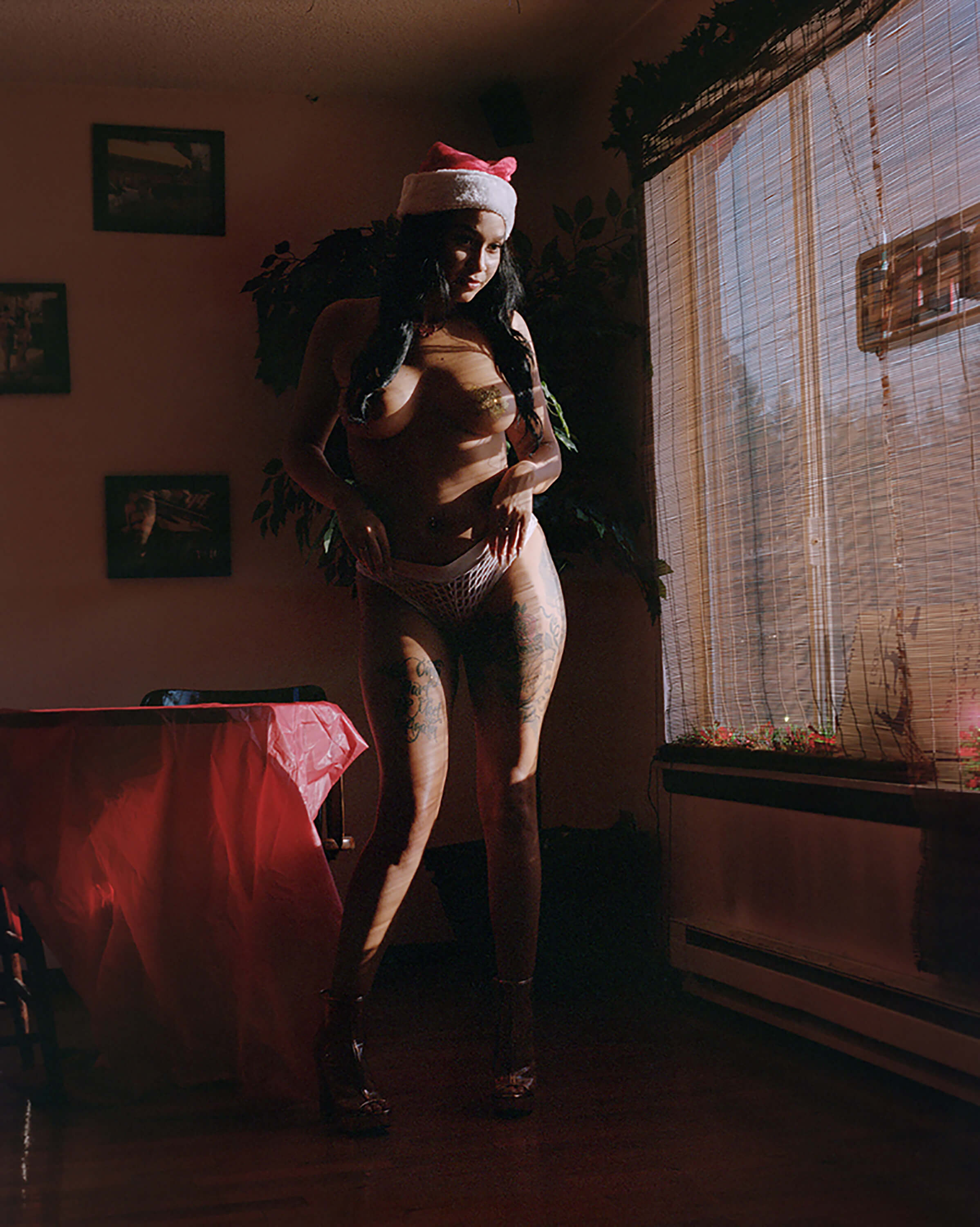
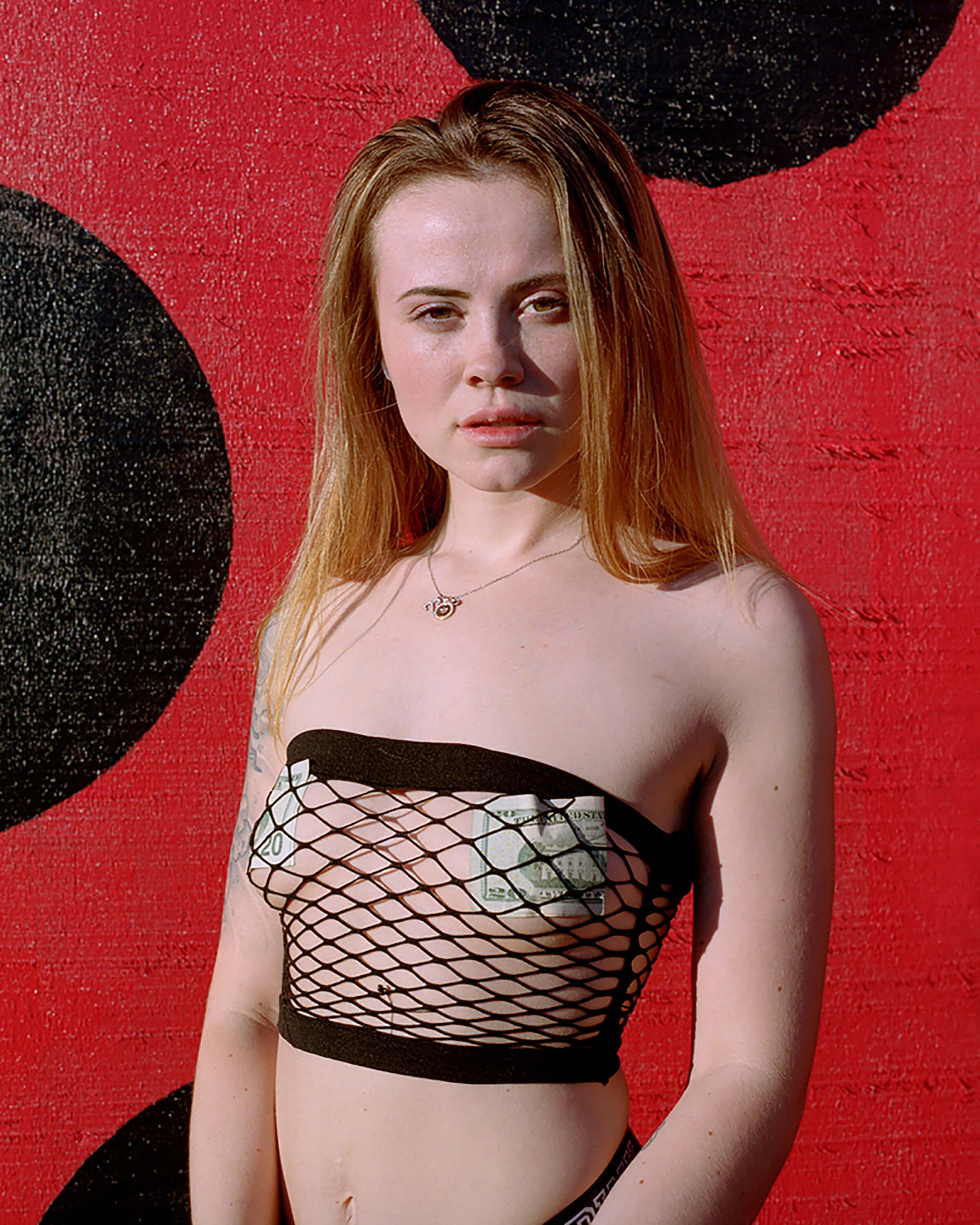
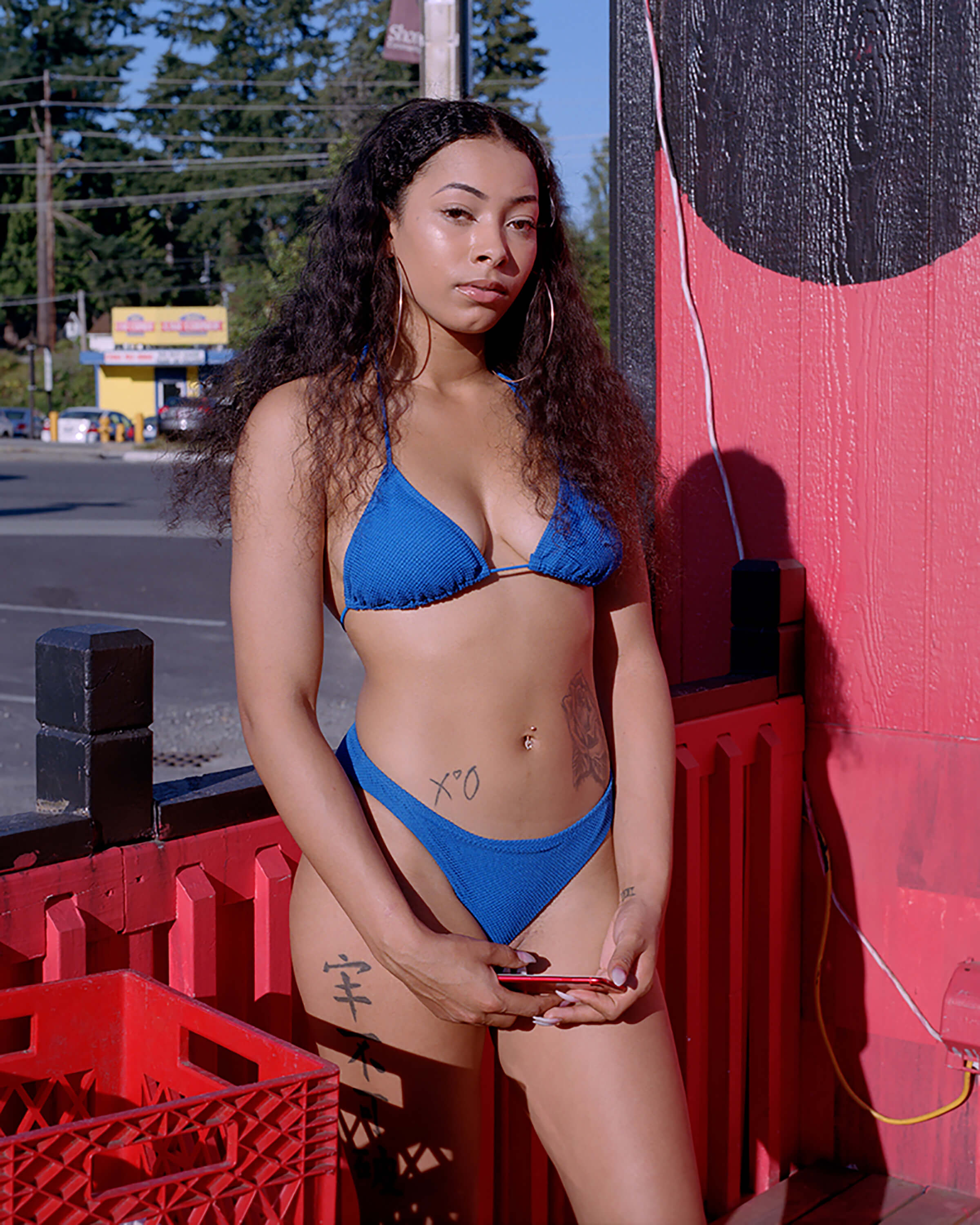
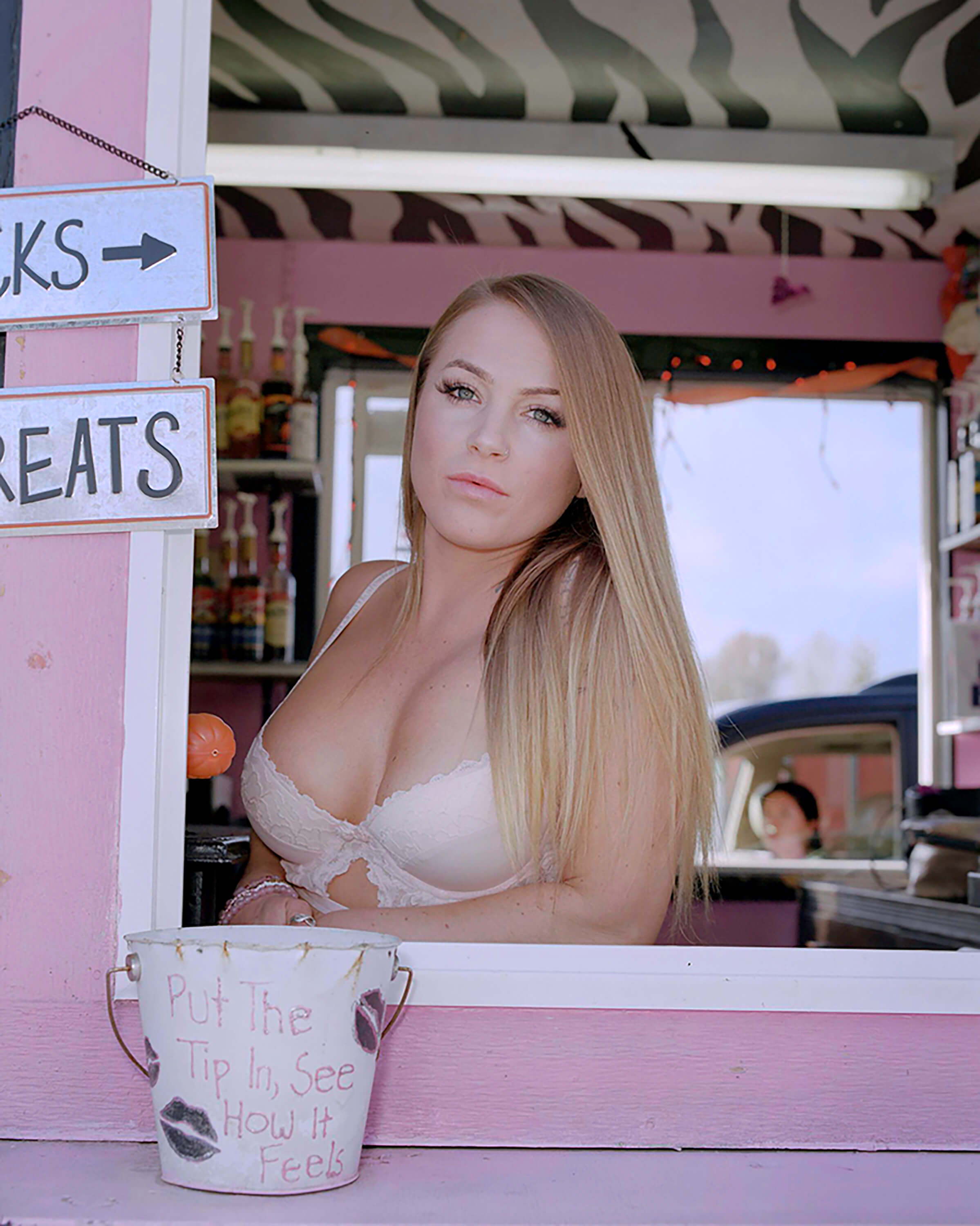
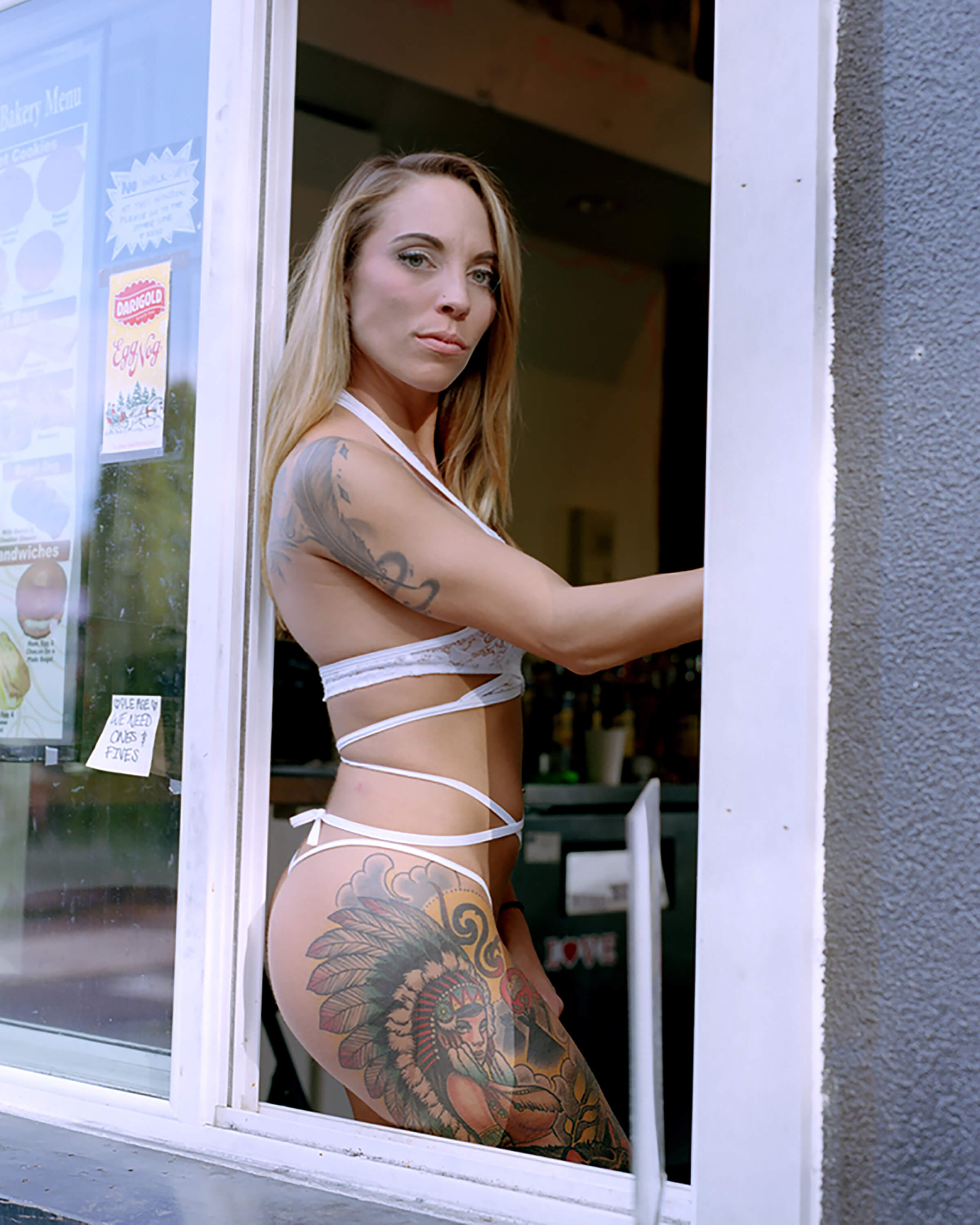
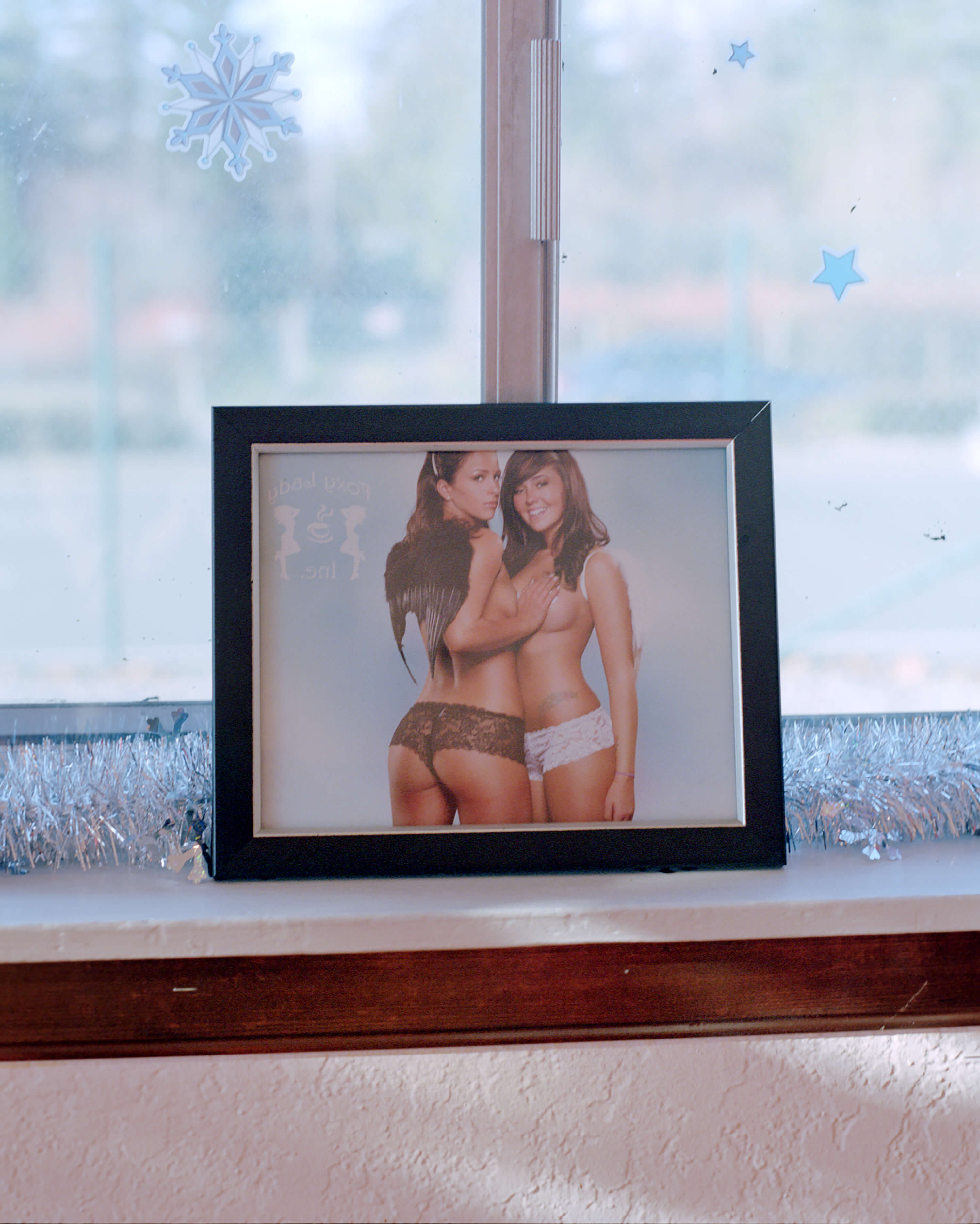
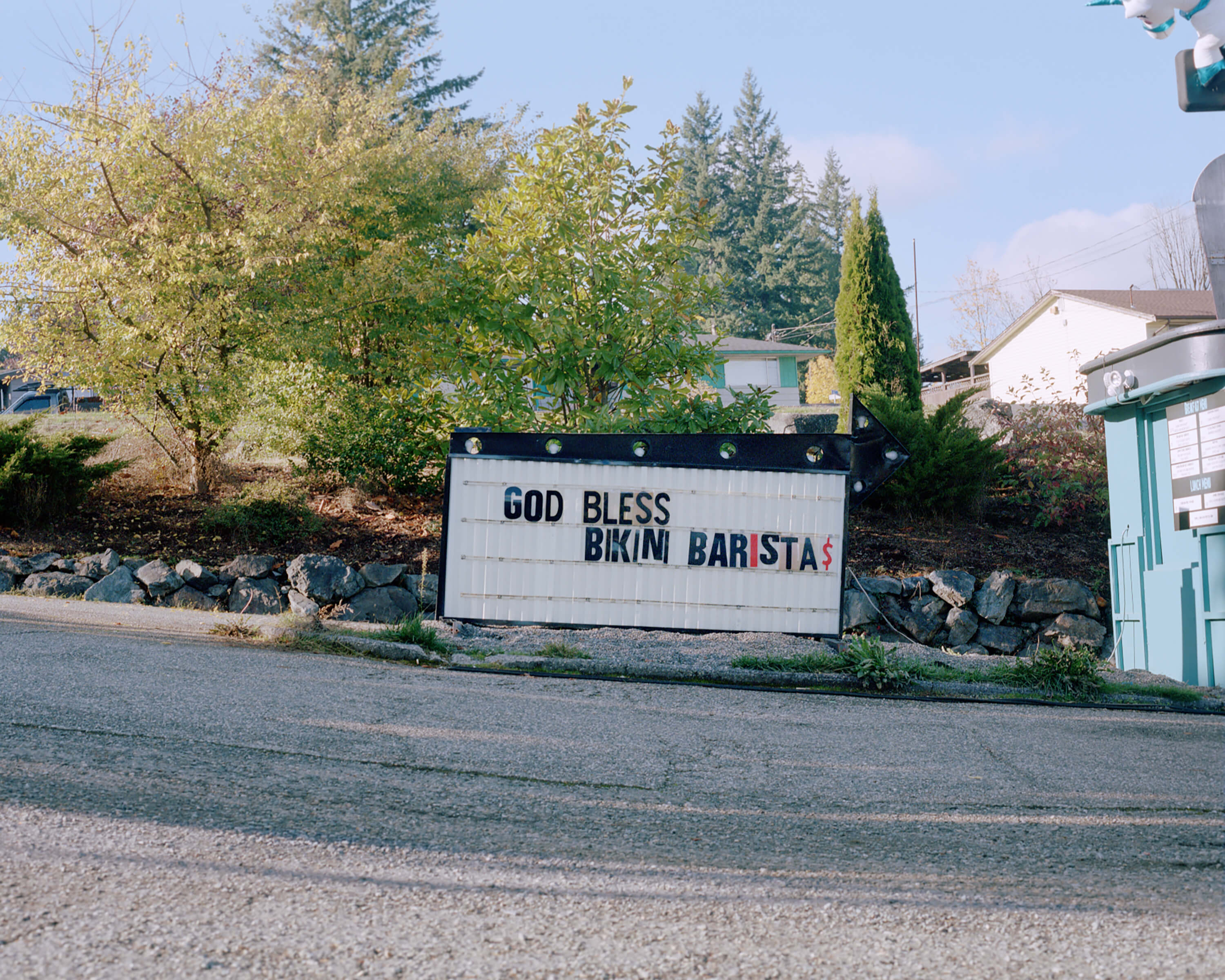
New and best




